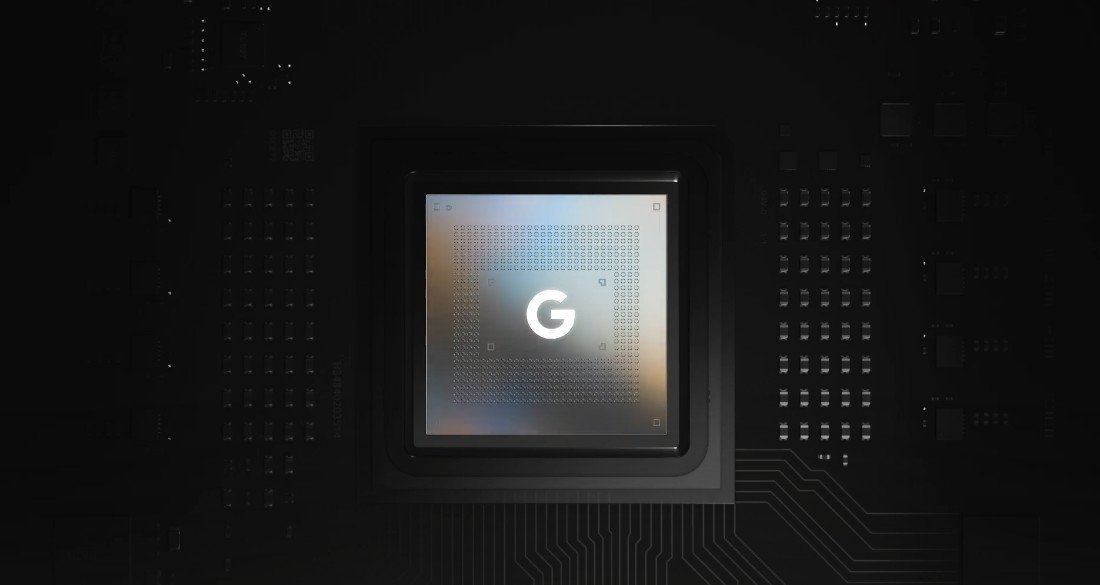The Pixel 9 could finally fix these long-time Pixel problems
The Tensor G4 is set to appear in the Pixel 9 Series later this year.

What you need to know
- Google is said to be working on a Tensor G4 chipset in collaboration with Samsung.
- The G4 is set to use Samsung’s latest 4nm process, leading to significantly improved performance over the G3.
- The new chipsets are expected to appear in the Pixel 9 Series phones and, possibly, the Pixel Fold 2 as well.
News from Korea suggests that Google is working with Samsung to deliver an upgraded chipset later this year. The new chip is expected to offer significantly better heat management and power efficiency.
According to Financial News (via 9to5 Google), Google’s new Tensor G4 chipset will be developed using Samsung’s 4nm process. This is the same process used in Samsung’s Galaxy S24 Series of handsets, which use the Exynos 2400 chipset. Samsung claims the chip shows a "1.7x increase in CPU performance and a remarkable 14.7x boost in AI performance." The new chip is expected to appear in the Pixel 9 Series of phones later this year and possibly the Pixel Fold 2 as well.
The Tensor G4 is also expected to utilize FOWLP (fan-out wafer-level packaging). These processes are expected to lead to improvements in power efficiency and heat management, possibly indicating improved battery life in the next generation of Pixel phones. It remains unclear how significant the improvements might be in real-world terms.

Previous reports have suggested that the G4 will only be a relatively minor improvement over the G3. There’s also speculation that Google is preparing its own Tensor G5 chipset for use in the Pixel 10 Series, which is expected in 2025. These chips are rumored to be built by TSMC, known for producing chips designed by Qualcomm and MediaTek. The G5 chip – codenamed “Laguna” – will potentially be built using a 3nm process.
Interestingly, several influential tech voices are said to have expressed concerns about an overreliance on TSMC for chip production. According to The Korea Times, Mark Zuckerberg has concerns about Meta’s reliance on TSMC and met with Samsung in an effort to “help in stabilizing Meta's heavy reliance on TSMC under the current geopolitical situation.” TSMC currently has a market share of around 58% in the global semiconductor foundry market, while Samsung has 12.4%, according to Focus Taiwan.
Be an expert in 5 minutes
Get the latest news from Android Central, your trusted companion in the world of Android

Steven Shaw is a full-time freelancer, but before he changed his career at the start of 2021, he was in the retail industry, leading teams to achieve goals in selling technology products, such as smartphones, tablets, and more. Graduating from the University of Cambridge with a Masters in Medieval History, he's always had a passion for the topic, alongside technology and many Simpsons quotes.
You must confirm your public display name before commenting
Please logout and then login again, you will then be prompted to enter your display name.
